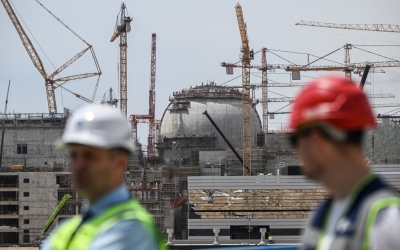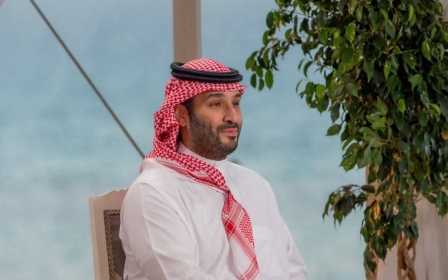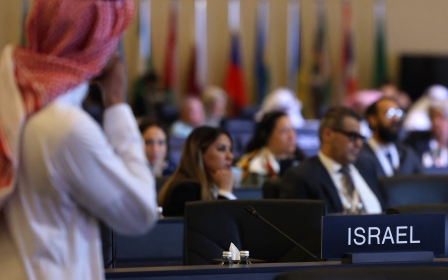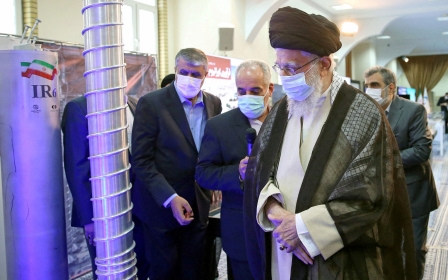Saudi Arabia plans tougher checks on its nuclear activities
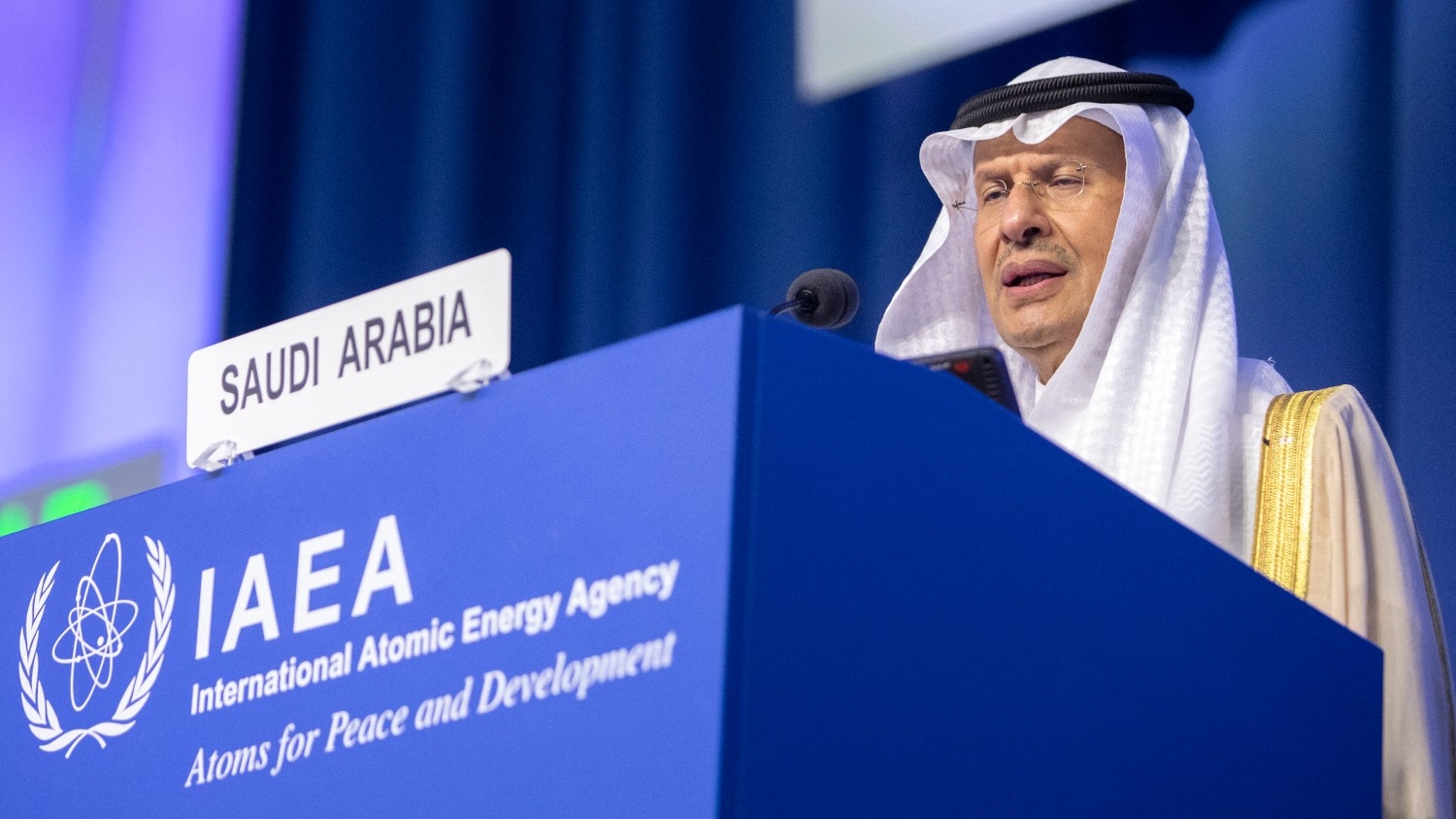
Saudi Arabia said on Monday it has agreed to greater oversight of its nuclear activities by the UN atomic watchdog, in a step the agency has been demanding for years.
The move, in which Riyadh would switch to full-blown nuclear safeguards, comes as the kingdom has placed among its demands for normalising ties with Israel a request for US assistance in developing a civilian nuclear programme.
Saudi Arabia does have a nascent nuclear programme but wants to expand to eventually include activities like proliferation-sensitive uranium enrichment.
Saudi Crown Prince Mohammed bin Salman has said that the country is not seeking nuclear weapons. But it has also stated that it will develop an atomic bomb if its archrival Iran does. Iran also denies that it is seeking to create a nuclear bomb.
The country has yet to start up its first nuclear reactor, meaning that its programme, as it stands, only needs to be monitored by the Small Quantities Protocols (SQP), an agreement that allows less nuclear-developed nations to avoid rigorous inspections and reporting obligations.
New MEE newsletter: Jerusalem Dispatch
Sign up to get the latest insights and analysis on Israel-Palestine, alongside Turkey Unpacked and other MEE newsletters
"The kingdom has recently taken the decision to rescind its Small Quantities Protocol and to move to the implementation of a full-scope Comprehensive Safeguards Agreement," Saudi energy minister Prince Abdulaziz bin Salman told the International Atomic Energy Agency's annual general conference.
Rafael Grossi, director general of the IAEA, welcomed Riyadh's decision and said that the SQPs are a "weakness" in the global non-proliferation regime.
Prince Abdulaziz did not say whether on top of a regular CSA Saudi Arabia planned to sign up for the IAEA's Additional Protocol, which allows for more wide-ranging and intrusive checks such as snap inspections.
The Additional Protocol also allows the IAEA to inspect non-nuclear facilities in order to ensure that nuclear material is not being set aside for a weapons programme.
Saudi Arabia has long sought its own civil nuclear capability and has made US assistance with the programme a key demand in a potential deal to normalise relations with Israel.
A breakthrough in relations between Israel and Saudi Arabia, the world’s largest oil exporter, would be a major diplomatic victory for President Joe Biden’s administration, which has described it as a priority.
The Wall Street Journal reported last week that Israeli officials were working with the Biden administration on a complex agreement which would set up a US-run uranium enrichment operation in the kingdom.
The deal would be included in a broader agreement to normalise ties between Saudi Arabia and Israel, according to the report.
Middle East Eye delivers independent and unrivalled coverage and analysis of the Middle East, North Africa and beyond. To learn more about republishing this content and the associated fees, please fill out this form. More about MEE can be found here.


